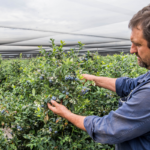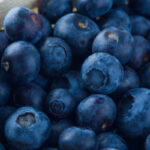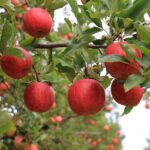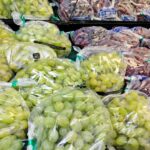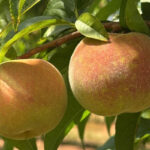Australia: TR4 suspected on third Queensland banana farm

A suspected case of Panama disease Tropical Race 4 (TR4) has been identified on a third commercial banana farm in Far North Queensland, where more than 80% of the country's bananas are grown. 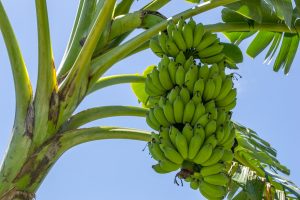
A sample taken from a banana plant last week on a property in the Tully Valley that displayed symptoms of the disease has returned a positive result from an initial molecular (PCR) test, according to a release from the Queensland Government.
Department of Agriculture and Fisheries (DAF) general manager and chief plant protection officer Mike Ashton said further testing was required before a final conclusive positive result could be determined.
“The sample now needs to undergo further diagnostic testing for a final and conclusive result which can take up to six weeks to complete,” Ashton said.
“If the diagnostic tests return a positive result, this will be the third banana farm in the Tully Valley to be infested with the disease.”
Ashton said the property with the suspect detection was in close proximity to the two confirmed infested properties.
“Biosecurity Queensland is will commence high-intensity surveillance on the suspect property to determine the possible extent of the disease, and conducting tracing and on-farm investigations to determine potential risk pathways,” he said.
“We are in contact with the business owner and our main focus is to minimise any production downtime for their property while working with the Australian Banana Growers’ Council (ABGC) to mitigate the risk to the rest of the industry.
“We are urging growers to continue to implement on-farm biosecurity strategies that not only protect their farm at the boundary, but strategies that will minimise farm downtime if the disease is detected on their property.”
Ashton said the latest suspect detection emphasized the challenge of managing and containing the disease.
“Panama disease can survive in the soil for decades without banana plants and is easily transported in contaminated soil, water and on tools, farming machinery and vehicles,” he said.
“Plants may not show symptoms from several weeks to several months, so the disease may be spread to other areas of the farm before it is eventually detected.
“Report suspect looking plants as soon as possible. Early detection and destruction of infected plants helps to slow disease spread and may extend the viability of your farm.”
ABGC chair Stephen Lowe said: "This news is clearly very disappointing for our industry, but it is also a reminder that TR4 is here to stay and growers need to do everything in their power to protect their farms," he added.
The organization acknowledged the Queensland Government’s pre-Christmas announcement of targeted funding for feral pig control to help contain TR4, as well as continued funding for the TR4 Biosecurity Program.
“This recent announcement for feral pig funding focussed on strategic TR4 areas is very welcome, given that pigs are one of the ways TR4 can be spread,” Lowe said.
“It is also essential for all members of the community, including those visiting the region to respect quarantine areas and stay out of all banana properties unless invited by a grower.”
Growers that suspect the disease in their plants are urged to report it immediately to Biosecurity Queensland.
The disease was initially detected in Queensland on Cavendish banana plants on a farm in the Tully Valley, on March 3, 2015, and then detected on a second property in the Tully Valley on July 26, 2017.
Photo: www.shutterstock.com
















